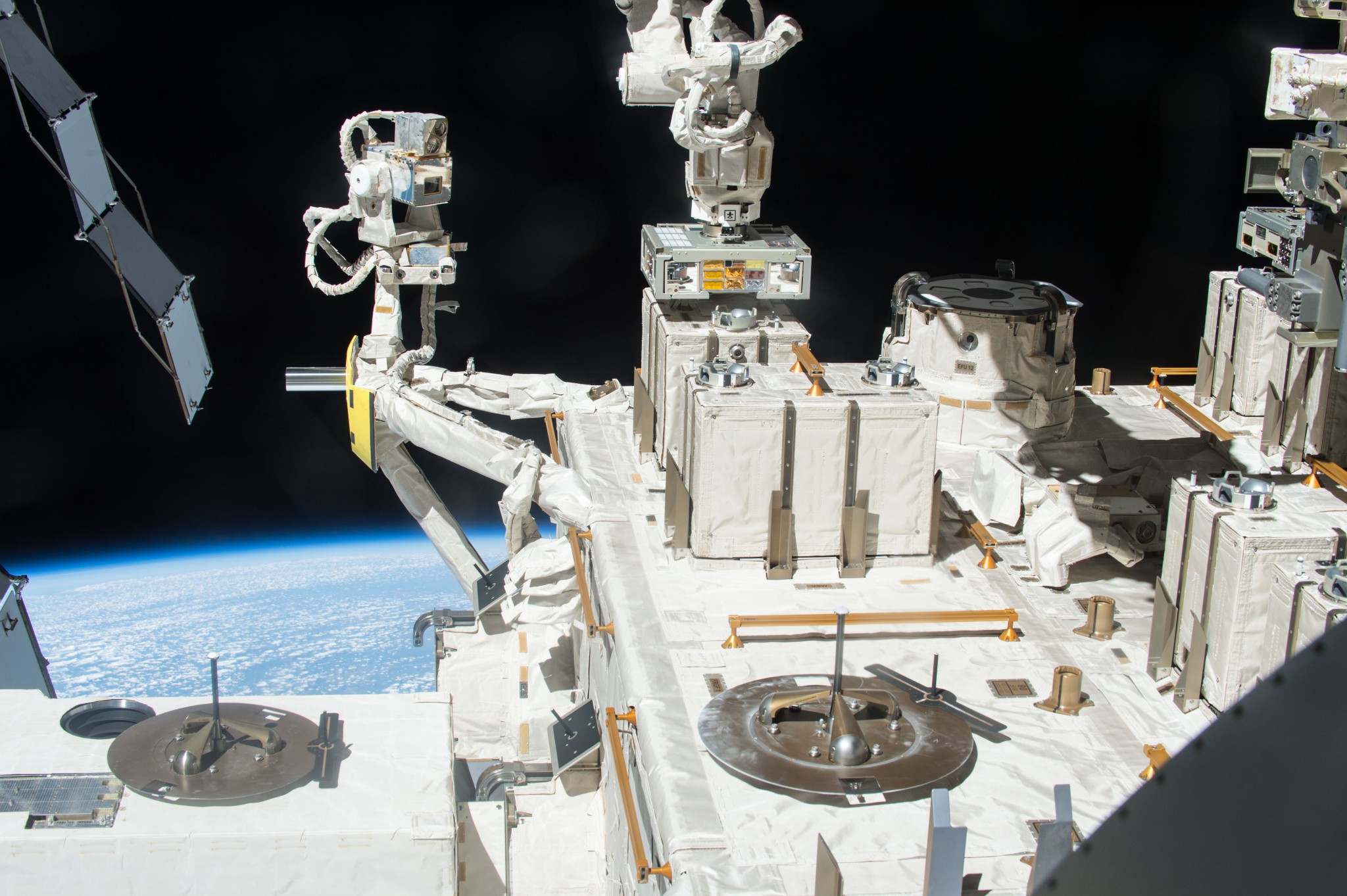ISS experiment shows bacteria can survive in space for years, could seed planets
Date: 31.8.2020
A new experiment placing bacteria on the outside of the International Space Station (ISS) has found that micro-organisms can survive in space for years, or even decades. The study lends weight to the idea that life could travel between planets.
 Bacteria are hardy little creatures. They thrive in practically every environment on Earth, from deep polar ice to the driest deserts, from miles underground to high in the atmosphere. But space is the final frontier, so they say, and whether microbes could survive out there has important implications for life on Earth – and other planets.
Bacteria are hardy little creatures. They thrive in practically every environment on Earth, from deep polar ice to the driest deserts, from miles underground to high in the atmosphere. But space is the final frontier, so they say, and whether microbes could survive out there has important implications for life on Earth – and other planets.
A new study has now put that to the test. Researchers at Tokyo University placed dry pellets of a tough bacteria called Deinococcus radiodurans in panels on the outside of the ISS, where they were exposed to the freezing cold, high radiation vacuum of space. These pellets contained “aggregates” – large colonies of the bacteria of different thicknesses, with no protective shielding.
These aggregates were analyzed after one, two and three years of exposure. By the end, all pellets thicker than 0.5 mm showed at least partial survival, faring better the thicker they were. On closer inspection, the researchers found that the colonies survived because the individual bacteria on the outside died of exposure, forming a protective shell for the rest.























